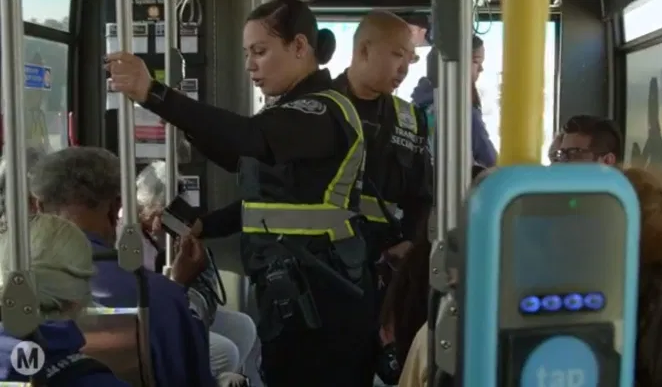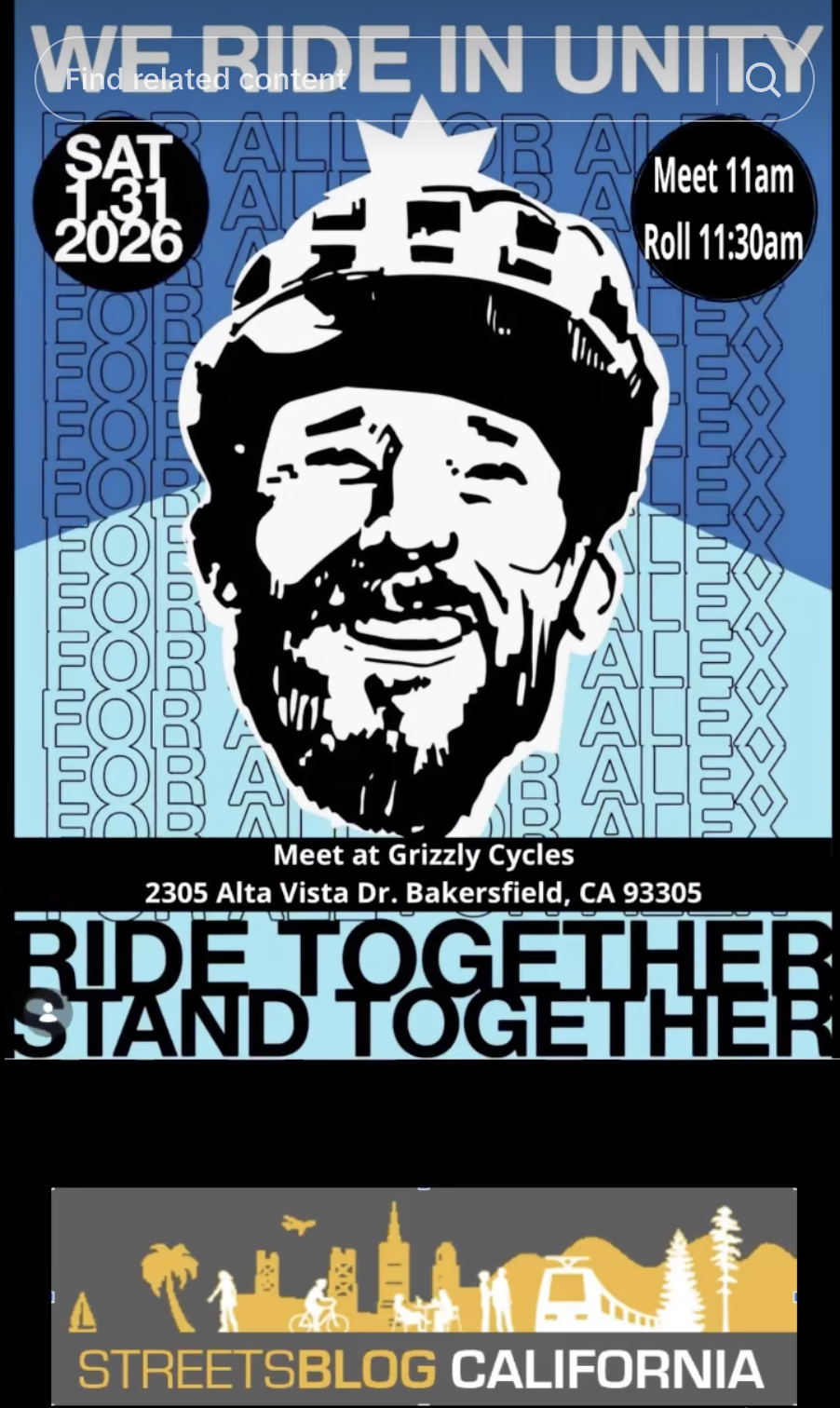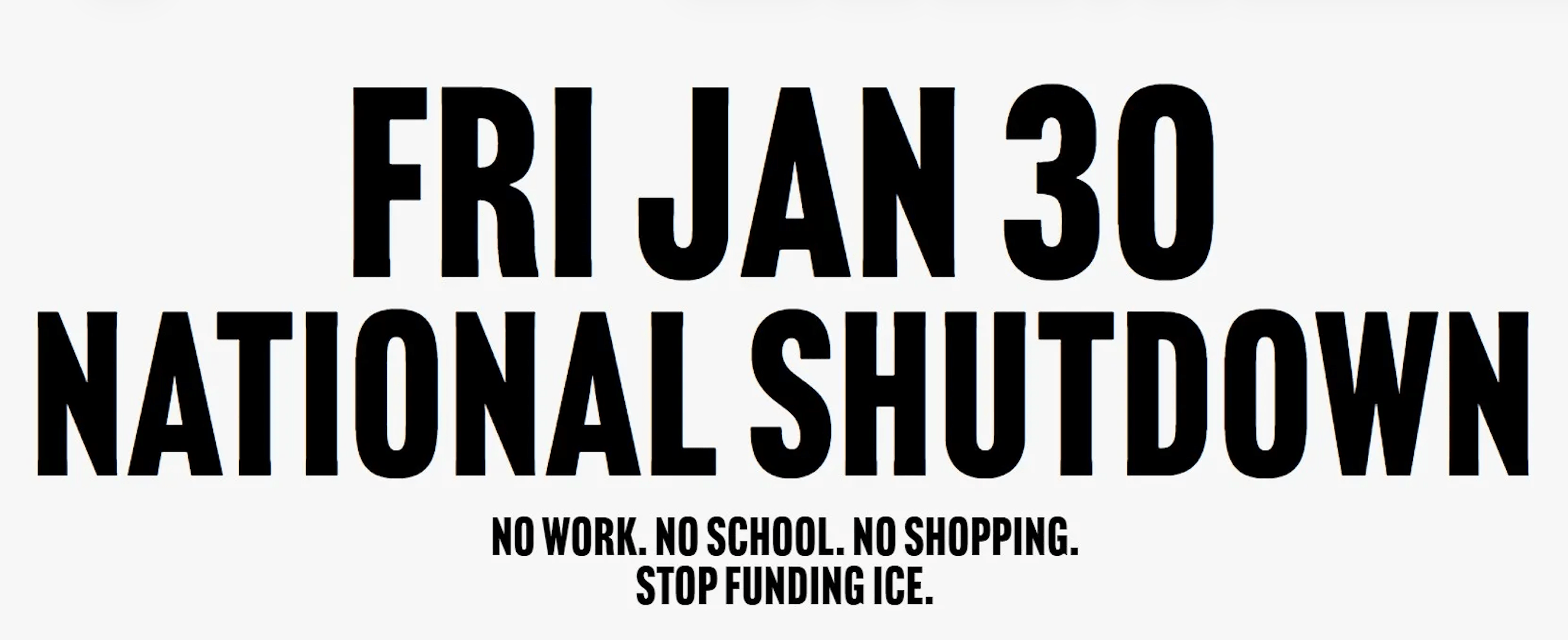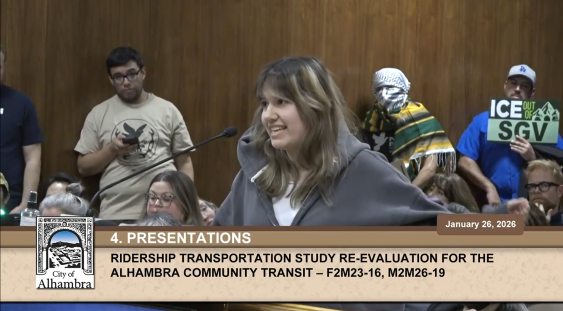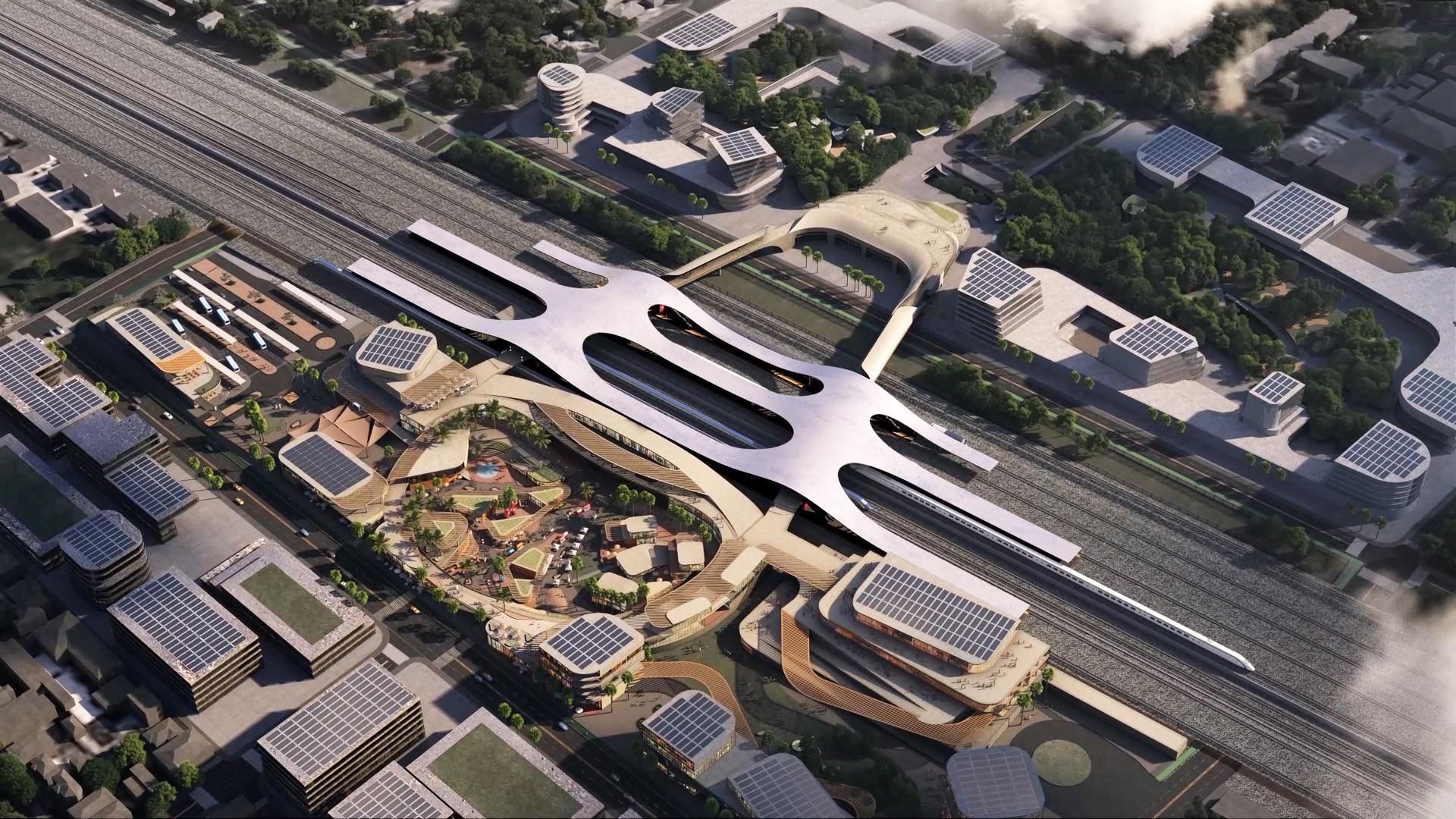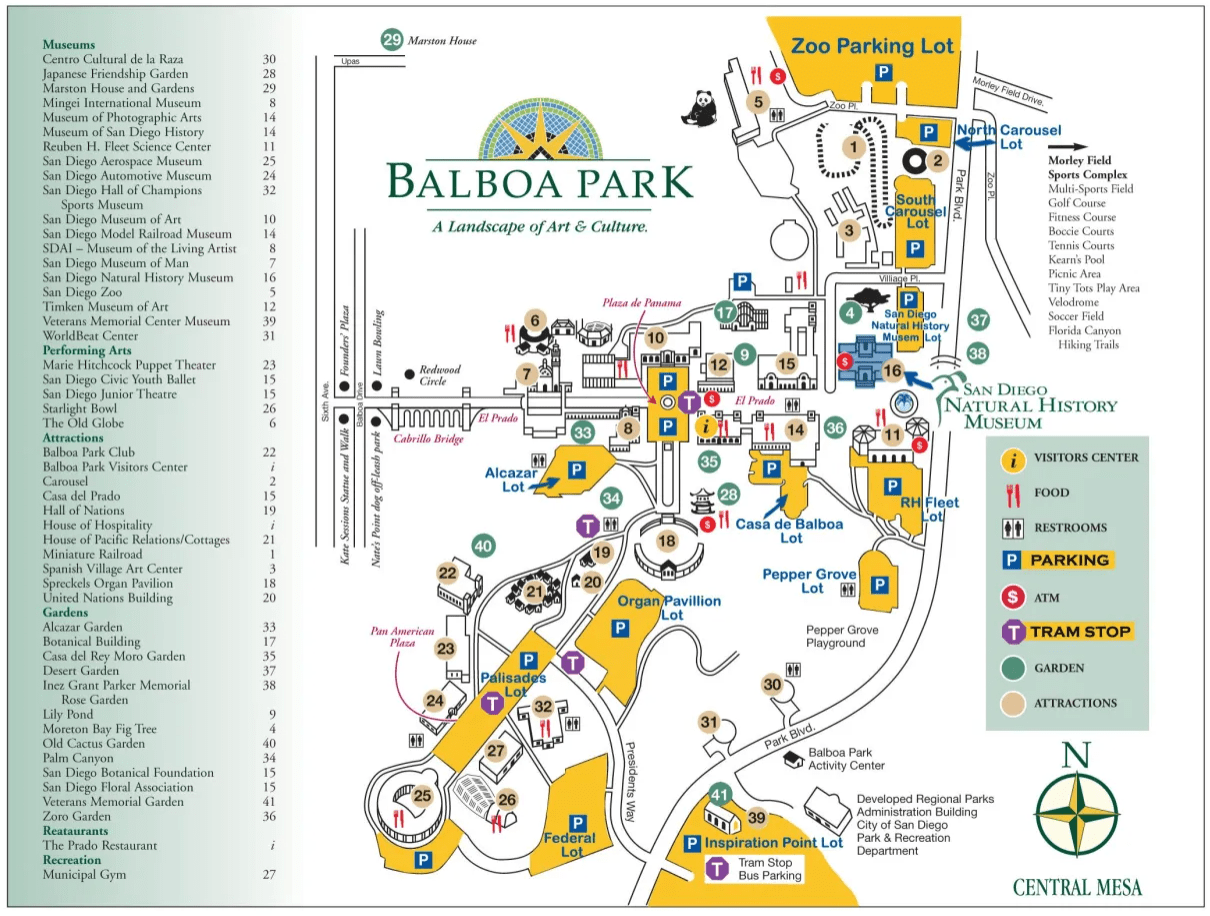Below are some of the highlight's from yesterday's Metro board meeting.
Vote on Metro Policing Budget Increase Delayed
The board postponed a vote on a proposal that would have immediately added another $110 million to Metro's multi-agency transit policing budget. With a proposed six-month extension add-on and continued overages, the total would likely be just over $200 million additional funds for business-as-usual policing that even Metro acknowledges has proved problematic for many transit riders.
The proposed policing increase comes at a time when Metro is beginning a process to shift public safety resources toward unarmed services and outreach - and while other public bodies, notably the LAUSD, are making progress on similar initiatives.
Yesterday's public comment was extensive and unanimously in opposition to the proposed police budget increase. The policing item will come back to the board in the March board cycle.
Restoring Transit Service
In September, due to COVID budget shortfalls, the Metro board cut transit service by about 20 percent (more for buses, less for rail.) At the time, the board directed Metro Operations to restore service when funding became available. In January, funding became available - and Metro Operations bent over backwards to avoid spending a penny to restore transit service. So, in January, the Metro board approved $24 million for service restoration, directing Metro Operations to bring service back to pre-COVID levels by June 30, 2021. This month, Metro Operations reported that they would not restore service by June 2020 as directed, instead pushing restoration back six months to December 2021.
Public comment urged Metro to rapidly restore transit service to pre-COVID levels.
Ultimately, the board approved a middle-ground solution. Under a proposal put forth by Board Chair Eric Garcetti, the board delayed its January directive by three months, moving full pre-COVID service restoration back to September 2021 (which is three months better than the six-month delay Metro Operations had scheduled.) By the numbers, the board directed Operations to restore service to 6.5 million service hours by June, and seven million by September - and directed Operations to report back, starting next month (but not waiting to get started), on how they will do this .
Fareless Transit
Last August, Metro CEO Phil Washington proposed an initiative to run transit fare-free, then stated to debut in "early 2021." The agency had already, in May, approved half-price fares for “not less than six months from the date regular boarding practices resume” as the agency emerges from its current back-door-boarding practice under COVID-19.
This month, CEO Washington announced (presentation) that the fareless initiative has been pushed back a year. The proposal, slated to come for board approval in May, is for an 18-month pilot to begin in January 2022. Initially the pilot would apply to just low-income riders, then the agency would add K-12 students (in August 2022.) Phil Washington announced that he is seeking federal funding to cover the anticipated $304-$338 million pilot budget - which appears unnecessarily padded with other line items, including additional transit policing.
Sepulveda Transit
Metro is proceeding with a somewhat innovative public-private partnership model in developing and executing plans for a new transit line that will connect the San Fernando Valley with the Westside, and ultimately with LAX. Metro staff have narrowed the possible private sector partner down to two competing teams, both expected to be approved by the board in March. (Details in staff report and presentation)
The cheaper proposal, called "L.A. SkyRail Express" would run a monorail down the middle of the 405 Freeway, with hellish unhealthy mid-freeway stations that present few opportunities for walkable transit-oriented development (and lots of opportunity for conflicts with Caltrans which controls freeway rights-of-way.) The proposal has also been criticized for not featuring a direct connection to UCLA.
The more expensive proposal, from Sepulveda Transit Corridor Partners (Bechdel), would feature heavy rail, predominantly underground, though elevated in much of the Valley.
Consent approvals
The following items were approved via the consent calendar:
- Metro loaning Caltrans $73.2 million for 5 Freeway widening cost overruns through Burbank (staff report, earlier SBLA coverage)
- Boyle Heights joint development agreements for affordable/supportive housing at two sites: First Street at Lorena Street, and L (Gold) Line Soto Station
